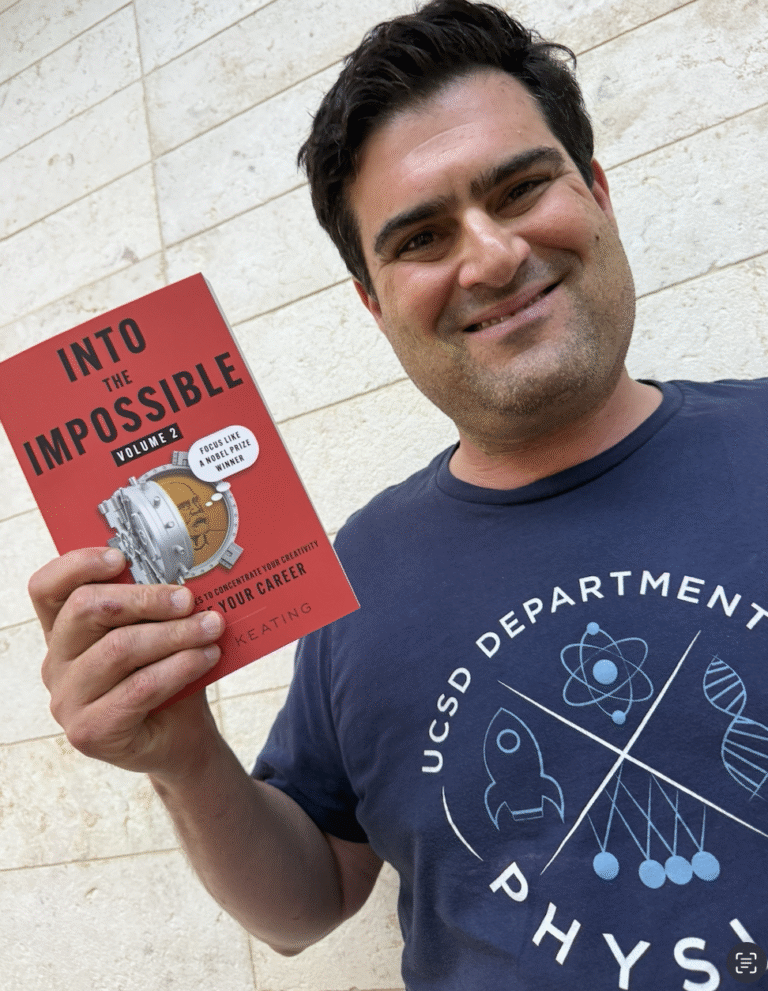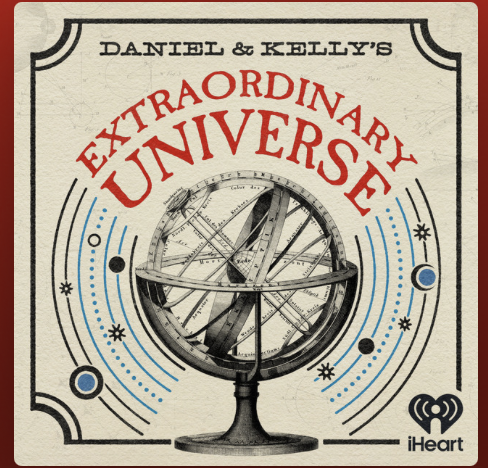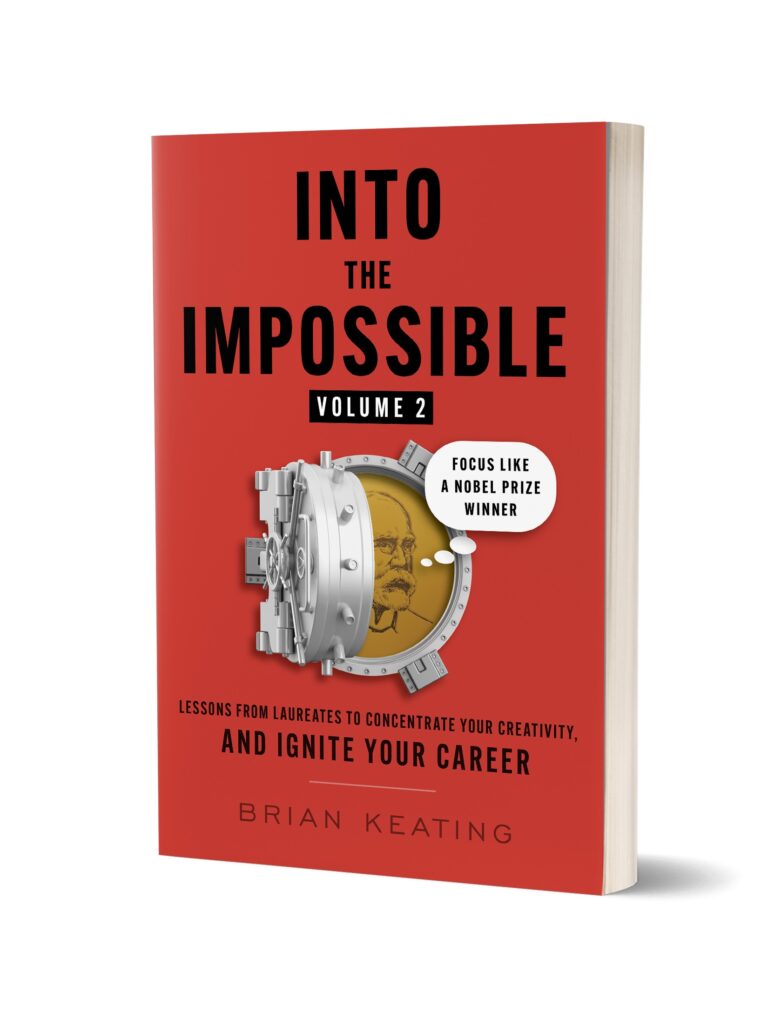Your Colleagues Are Wrong About Focus
Dear Magicians
Years ago, while my collaborators were clinking champagne glasses in Stockholm, I was hunched over a desk grading freshman physics exams. That’s when I realized something awkward: winning isn’t about being a genius—it’s about paying attention longer than anyone else without wandering off to get to inbox zero!
The academic world sells us the fairy tale of “eureka moments.” Supposedly, breakthroughs require a mystical flash of insight, decades of hoop-jumping, and maybe a lightning bolt or two. Spoiler: that’s marketing, not reality.
The Secret Your Department Chair Doesn’t Want You to Know
Real Nobel winners act less like lucky visionaries and more like professional assassins of distraction. They know the game: guard your focus like a toddler guards his binky.
Jennifer Doudna didn’t figure out CRISPR while scrolling Instagram. Roger Penrose didn’t prove black hole theorems in between faculty meetings. They built careers out of saying no—to everything—until all that remained was the one problem worth solving.
Meanwhile, the rest of us fill out grant forms, chair committees, and argue over coffee budgets. Guess which strategy works better?
Physics Has Been Trying to Tell Us This
Electrons don’t multitask. Per Pauli, they pick a unique state, stick to it, and only change when absolutely forced. Your brain works the same way.
The uncertainty principle isn’t just physics—it’s life. The more you define your focus, the blurrier everything else gets. Laureates embrace that trade-off. The rest of us hedge our bets with ten side projects, and we get—well, tenure, if we’re lucky.
The Institution as Enemy #1
Universities reward distraction like casinos reward gamblers. Write more papers, chase more grants, chair more committees, post more on LinkedIn. And then wonder why nobody has an original thought left.
I’ve watched brilliant colleagues drown in endless service meetings while their science fossilized. The system isn’t malfunctioning—it’s doing exactly what it was built to do: prevent concentrated, independent thought.
The Physics of Focus
Think of attention as quantum:
- You can’t half-focus. It’s all or nothing.
- Measuring progress usually ruins it.
- Juggle too many projects, and they all collapse into mush.
These aren’t metaphors. They’re the operating rules of creative work.
Want the Playbook?
That’s why I wrote Focus Like a Nobel Prize Winner. Not because I have a golden medal (I don’t, and probably never will), but because I’ve studied 22 people who do. And they’ve all hacked attention in the same unglamorous way: relentless focus, often in spite of the very institutions meant to support them.
Warning: this isn’t your usual productivity pep talk. It’s the uncomfortable truth about what breakthrough thinking actually takes.
Get it now before the 99 cent sale expires like your dreams of inbox zero!
Until next time, have a M.A.G.I.C. Week,
Brian
Appearance
Fellow professor and podcaster Daniel Whiteson hosted me last week to discuss, what else, Focus Like a Nobel Prize Winner! I really enjoyed the conversation and the insights about the history of science from his other guest, Prof. Lydia Patton.
Genius
As I said in Losing the Nobel Prize, telescopes are time machines. Another character in that same book, William Herschel said they are capable of “penetrating into time”. Hat tip to Corey Powell who wrote about Herschel’s notes from 1800 where he first coined this phrase!
Image

A breathtaking glimpse of the tiny Moon ‘Daphnis’ creating giant waves in Saturn’s Rings.
📸 NASA
Conversation
In this episode, I dive into the tantalizing question: Are we really living in a simulation? Joining him is Dr. Rizwan Virk—MIT scientist, entrepreneur, and best-selling author—who argues that it’s not only possible, but more likely than not that our reality is a highly advanced virtual simulation, not unlike The Matrix.
Join me and Riz Virk as they attempt to answer: Are we living inside a master simulation, and what could it all mean for the future of science, technology, and humanity?
Advertisement
Amazon’s Kindle sale on Focus Like a Nobel Prize Winner ends Wednesday— don’t miss your last chance to get it for just 99 cents!
Don’t miss this opportunity— the sale ends soon!




